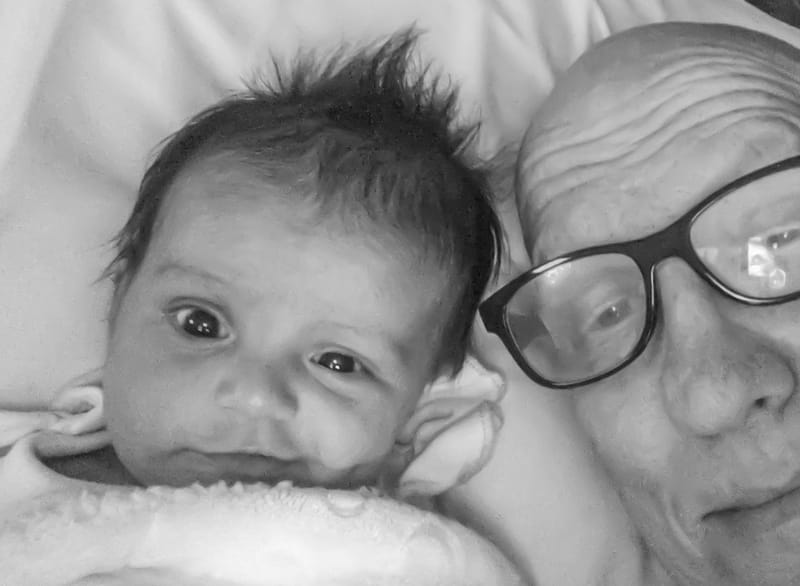When Does Human Life Deserve Human Rights? Confronting the Moral Line Society Avoids
One of the most urgent and contentious moral questions in modern society is this: When does a developing human being become a person deserving of full human rights? It is a question fraught with cultural, religious, scientific, & political tension. Its complexity and divisiveness demands thoughtful, serious, & honest engagement, especially if society is to claim to value both human rights & simple reason. Though we've danced around it for decades medical technology has today forced a reckoning. According to best data at approximately 24 weeks, roughly six months into gestation, a fetus born prematurely can usually survive outside the womb with intensive care. Survival at this stage has become more common as neonatal medicine advances. The reality of that viability draws a hard, biological line: at this point, a fetus cannot simply be dismissed as "not yet human." If a prematurely born baby at six months is rushed to an incubator and is likely to live how can we simultaneously sanction the willful termination of a fetus at the same stage in a different room down the hall, or across town in a storefront "health clinic"? Further demolishing the notion that the fetus is not "someone," consider the end of the first trimester, around 12 weeks, a stage historically referred to as the "Quickening," when fetal movement is first felt. At this point, the major organs are formed and functioning. The brain is active; brain waves can be detected. Significant and unignorable evidence suggests that REM (Rapid Eye Movement) sleep, associated with dreaming, also begins around this time. We cannot fully access or define fetal consciousness, but to argue that a being with an active brain and dreams has no subjective experience, that no one is "home", is to ignore our best understandings of consciousness. If there is dreaming, there is a dreamer. The unavoidable implications of this are not just theoretical. Imagine a woman, walking up the steps of a doctors clinic, who tragically trips and miscarries a fetus at 24 weeks. Should society treat this as a tragedy, perhaps even investigate it for negligence by the clinic, but had she tripped entering an abortion clinic shrug its shoulders and call for cleanup on aisle 12? That same fetus could have been legally terminated. The difference in moral framing between the two scenarios is not based on the fetus’s biology, it’s based purely on location and intention. That inconsistency reveals a gaping hole in the ethical architecture of modern abortion policy. To be clear, defending fetal rights need not come at the expense of women’s rights. A just society must honor both just as there are protocols for conjoined twins when only one can survive. But a just society must also be courageous enough to ask "At what point does the fetus become a person whose rights deserve legal protection"? This is not a religious question. It is not a question for ideology. It is a question for bioethics, for moral philosophy, for jurisprudence, and ultimately, for the republic itself. Currently, our laws often hinge on arbitrary thresholds, influenced more by political compromise than by consistent moral logic. This ambiguity has bred conflict and confusion. If we can agree that a newborn is a person with rights, and we can also agree that a zygote is not, then we must wrestle, seriously, rigorously, and publicly with the question of when the shift occurs. If the answer is viability, then abortion policies must reflect that. If it is brain activity, then our laws must align accordingly. But we cannot, in good conscience, refuse to draw a line at all. It is no longer acceptable to avoid this conversation. Technology, science, and ethics have given us the tools to ask, and begin to answer, this question. A society that claims to defend human rights cannot indefinitely suspend the discussion of when those rights begin. The time to talk is now. And the place to start is here.

